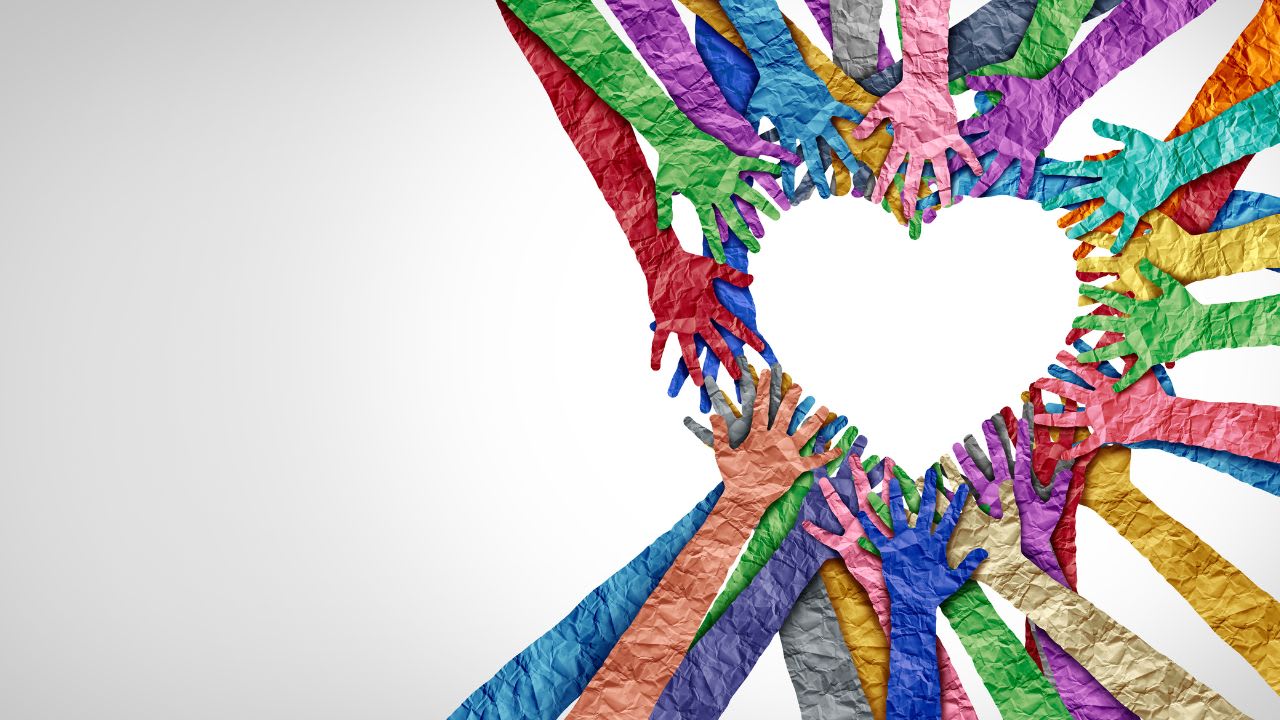How does diversity and inclusion help with employee engagement?

Diversity, Equity, and Inclusion (DE&I) commitment and action is not only a laudable objective but also has a positive correlation with employee engagement, reveals a new study.
Overall, 74 per cent of companies have an internal DE&I definition and policy. Highly engaged companies, defined as having 70 per cent or more highly engaged employees, have a definition of DE&I 82 per cent of the time, compared to 65 per cent for companies with low engagement – those with less than 40 per cent highly engaged employees, finds the 2022 Global Diversity, Equity and Inclusion (DE&I) Survey by global professional services firm Aon.
DE&I in the workplace has evolved over the past two years, as many organisations embedded these efforts into organisation-wide policies, including benefits, compensation, manager training and talent development.
The top three areas that companies cover with their DE&I policies are gender (71 per cent), ethnicity (66 per cent), and sexual orientation (64 per cent).
The survey found out that 93 per cent of companies have senior leadership support and sponsorship for DE&I initiatives and 84 per cent have identified colleagues responsible for leading DE&I initiatives.
As these policies mature, organisations are also taking a data-driven approach to determine how effective their efforts are and where they need to improve.
“Organisations focusing on DE&I are building a resilient workforce by putting their employees first,” said Avneet Kaur, head of advisory and specialty practice, Health Solutions EMEA, at Aon.
“When employers design their health and wellbeing benefits, we recommend they first audit their benefits and ensure that the various demographics of their workforce, including previously underserved populations, have access to and awareness of these offerings, which should also be tailored to their needs.”
Inclusive benefit design can support a diverse employee population, improving the employee experience and meeting new expectations.
Employers need to ensure they are considering the unique requirements of different employees, such as gender-sensitive health needs and mental health.
For example, employers reported providing support to their employees through cervical and breast cancer support (44 per cent), prostate cancer screenings (32 per cent), awareness of increased risks of certain cancers for men (31 per cent), awareness of menopause (18 per cent), and awareness and assistance for osteoporosis (17 per cent).
The survey of more than 1,200 benefits and DE&I leaders in 55 countries covering over 10 industries was conducted in the second half of 2022.


